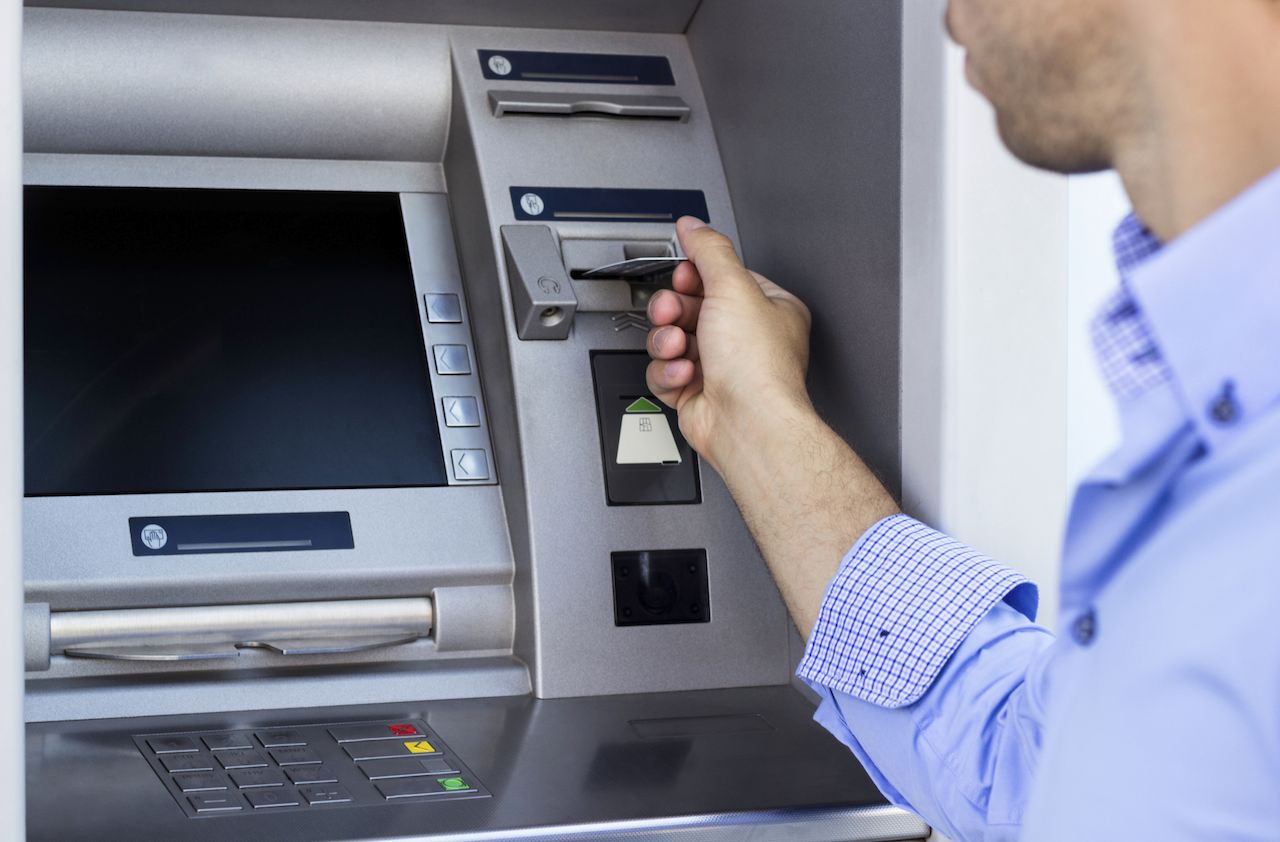How to Size Up Credit Unions
Unconcerned with making a profit, credit unions can often pay more interest on accounts and charge less in fees.

Profit and prosper with the best of Kiplinger's advice on investing, taxes, retirement, personal finance and much more. Delivered daily. Enter your email in the box and click Sign Me Up.
You are now subscribed
Your newsletter sign-up was successful
Want to add more newsletters?

Delivered daily
Kiplinger Today
Profit and prosper with the best of Kiplinger's advice on investing, taxes, retirement, personal finance and much more delivered daily. Smart money moves start here.

Sent five days a week
Kiplinger A Step Ahead
Get practical help to make better financial decisions in your everyday life, from spending to savings on top deals.

Delivered daily
Kiplinger Closing Bell
Get today's biggest financial and investing headlines delivered to your inbox every day the U.S. stock market is open.

Sent twice a week
Kiplinger Adviser Intel
Financial pros across the country share best practices and fresh tactics to preserve and grow your wealth.

Delivered weekly
Kiplinger Tax Tips
Trim your federal and state tax bills with practical tax-planning and tax-cutting strategies.

Sent twice a week
Kiplinger Retirement Tips
Your twice-a-week guide to planning and enjoying a financially secure and richly rewarding retirement

Sent bimonthly.
Kiplinger Adviser Angle
Insights for advisers, wealth managers and other financial professionals.

Sent twice a week
Kiplinger Investing Weekly
Your twice-a-week roundup of promising stocks, funds, companies and industries you should consider, ones you should avoid, and why.

Sent weekly for six weeks
Kiplinger Invest for Retirement
Your step-by-step six-part series on how to invest for retirement, from devising a successful strategy to exactly which investments to choose.
By law, credit union members must have a common bond, such as working for the same employer, living in the same community, or belonging to the same professional association, church, or fraternal group. Even employees of different businesses in the same complex, such as a shopping center, can band together to form credit unions.
Costs
Unlike banks, credit unions are nonprofit organizations. Unconcerned with making a profit, they can often pay more interest on accounts and charge less in fees. They offer a distinct advantage for interest-earning checking accounts, which they call share-draft accounts, because they pay more interest on average and most impose no minimum-balance requirements. Although credit unions do not have extensive branch networks, many belong to a surcharge-free ATM network so you have access to thousands of fee-free ATMs. Credit unions usually offer the best deal available on rates charged on loans and fees charged on accounts. They generally charge less on credit card balances and less for car loans. If you are eligible to join a credit union, you should certainly compare what it has to offer with what's being offered elsewhere.
Services
With some major exceptions, credit unions tend to be on the small side and may not have the resources to offer the kind of services provided by banks and savings and loan associations. Thus they are often not all-purpose financial institutions. Their competitive edge comes chiefly from the rates they pay on savings and checking accounts and the rates they charge for loans.
From just $107.88 $24.99 for Kiplinger Personal Finance
Become a smarter, better informed investor. Subscribe from just $107.88 $24.99, plus get up to 4 Special Issues

Sign up for Kiplinger’s Free Newsletters
Profit and prosper with the best of expert advice on investing, taxes, retirement, personal finance and more - straight to your e-mail.
Profit and prosper with the best of expert advice - straight to your e-mail.
Safety
The majority of the nation's credit unions are federally insured by the National Credit Union Administration (NCUA), whose National Credit Union Insurance Fund provides the same coverage that FDIC does for banks and thrifts. But many credit unions carry only private insurance. If a credit union doesn't post a sign at the door or teller's window stating, "Insured by the NCUA," ask whether the institution has federal insurance or is applying for it. If the answer is no, take your money elsewhere.
Profit and prosper with the best of Kiplinger's advice on investing, taxes, retirement, personal finance and much more. Delivered daily. Enter your email in the box and click Sign Me Up.